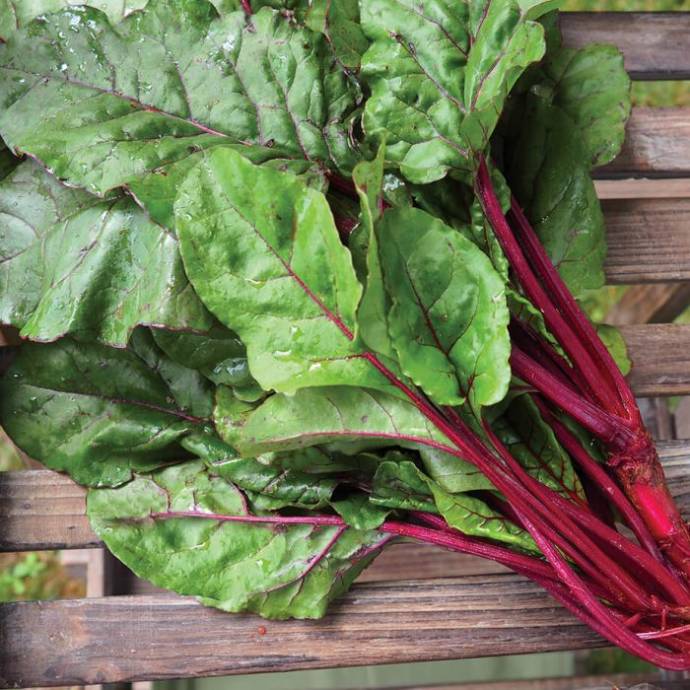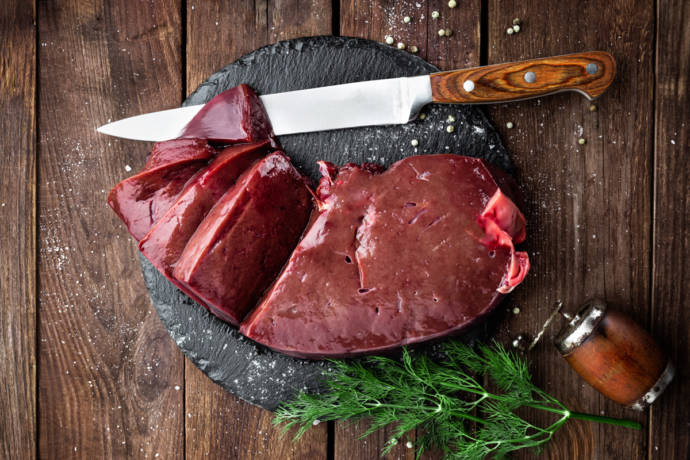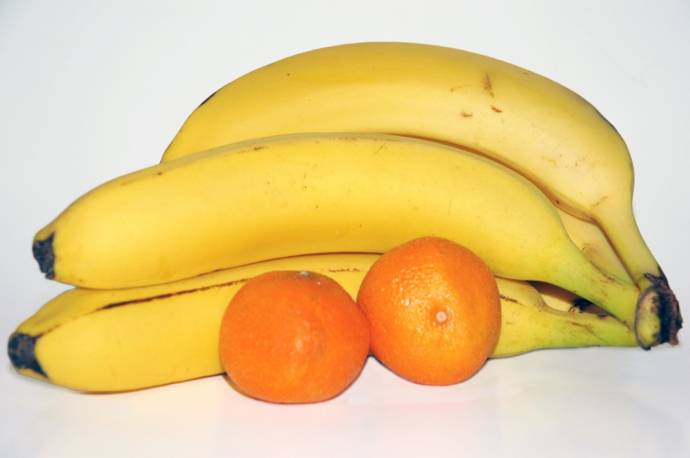Folic acid is classified under the Vitamin B-complex group and is known as Vitamin B9. The general recommended dose of folic acid is 400 mcg which can be either through food or supplementation.
It has various functions in improving hair health such as hair growth, preventing hair loss and increase blood circulation in hairs.
Hair benefits of Folic acid
Hairs are one of the fastest growing skin appendages in the body. The growth of the cell is maintained by folic acid as this is the substance responsible for DNA replication. Thus, folic acid plays a vital role in maintaining the health of the hairs. Following are the benefits provided by folic acid to hairs:
- Increased cellular growth: Folic acid is an essential vitamin required in the cellular growth. Without folic acid, the cells do not able to grow normally as this vitamin is responsible for synthesis and repair of DNA. Thus, folic acid helps in maintaining the proper number of cells that are responsible for hair growth.
- Thickening of hair: Folic acid plays an important role in treating thinning of hairs. Studies indicates that with daily supplementation of folic acid, thickness of hairs increases.
- Reduced hair loss: Folic acid also helps reducing the loss of hairs and thus used as a supplement in the management of baldness and alopecia.
- Hair growth: Folic acid promotes hair growth by increasing cell division. It has been found that people with less hairs generally suffers from the deficiency of folic acid. Folic acid also plays an important role in metabolism of proteins and carbohydrates. This ensures optimum availability of nutrients required in hair growth.
- Improves nutrition to hairs: Deficiency of folic acid may lead to anemia. Anemia is the condition presented by reduced level of hemoglobin. Thus, in absence of folic acid, the hair follicles do not able to get oxygen which is required for hair growth.
- Maintenance of scalp health: Various oil-secreting glands are present which maintains the health of scalp and prevent them from infection. The health of these glands is maintained by folic acid.
- Reduces graying of hairs: Folic acid regulates the formation of red blood cells. In absence of folic acid, person may develop megaloblastic anemia, which is one of the causes of greying of hairs. Thus, to maintain the natural hair color, folic acid supplementation is required.
Supplements
As far as possible, folic acid should be taken in the form of food. Folic acid from the food is available in the readily absorbable form and devoid of side effects. However, in certain cases, the person is not able to get folic acid from foods.
For them, various folic acid supplements are available in the market which improves hair health and other conditions. The supplement for hair contains folic acid along with other vitamins especially biotin, which is another hair growth promoter.
Apart from hair growth, folic acid is an essential vitamin to reduce the neural tube defects in the fetus. Folic acid is also combined with zinc for preventing hair loss as zinc is known for reducing hair loss.
Dose of Folic acid
The dose of folic acid depends upon the use. The general dose of folic acid is approximately 400 mcg to 800 mcg per day. However, the dose may be increased to 1500 mcg in pregnancy and 3.5 me in neurological condition.
Try to get the total daily need of folic acid through food, but when it is not possible, the folic acid supplementation can be done after taking recommendations from a nutritionist.
A new and active form of folic acid i.e. L-methyl folate is also available in the market which does not require any biological transformation inside the body to get converted to active form.
Folic acid foods
Following are the foods rich in folic acid:
Spinach

Spinach is a healthy source of folic acid. Apart from folic acid, spinach is also rich in fibers, iron, and other vitamins. 30 grams of spinach approximately provides 58 mcg of folic acid.
Beets

Beet is a rich source of folic acid, manganese and vitamin C. 130 gram of beet contain approximately 150 mcg of folate.
Broccoli

Broccoli is high in folic acid, vitamin A, and vitamin K. 80 gram of cooked broccoli contains approximately 85 mcg of folate.
Asparagus

Asparagus is rich in various vitamins and minerals and known for its antioxidant and anti-inflammatory properties. The concentration of folic acid is high in asparagus. 4-5 Spears of asparagus contains 90 mcg of folic acid.
Avocado

Avocado is also a rich source of folic acid. Half avocado provides approximately 60 mcg of folic acid.
Eggs

Eggs contains various vitamins, minerals, and proteins in good quantity. 1 egg provides approximately 25 mcg of folic acid.
Beef liver

Beef liver contains an enormous quantity of folic acid. The concentration is so high that only 3 oz of beef liver contains 200 mcg of folic acid.
Miscellaneous

Other foods rich in folic acid are banana, sprouts, oranges, beans, peas, lentils, and nuts such as walnut.
Side effects of excess Folic acid
Folic acid is a water-soluble vitamin thus any excess amount would be excreted from the body majorly through urine. However, some patients present the symptoms of excess folic acid. Following are the symptoms:
- High folic acid in blood: The body is not able to metabolize the excess quantity of folic acid and there would be a higher level of unmetabolized folic acid in blood circulation.
- Liver degeneration: Recent studies on animals have concluded that a high quantity of folic acid may damage liver cells.
- Neurological disorders: As folic acid has immense effect o the nervous system due to its use in preventing neural tube defects and depression, high quantities of folic acid increase the risk of epilepsy.
- Drug interaction: High quantity of folic acid interact with other drugs administered to the patients.
- Gastric effects: Intake of the high quantity of folic acid may lead to bloating, belching, nausea, flatulence, and loss of appetite.





